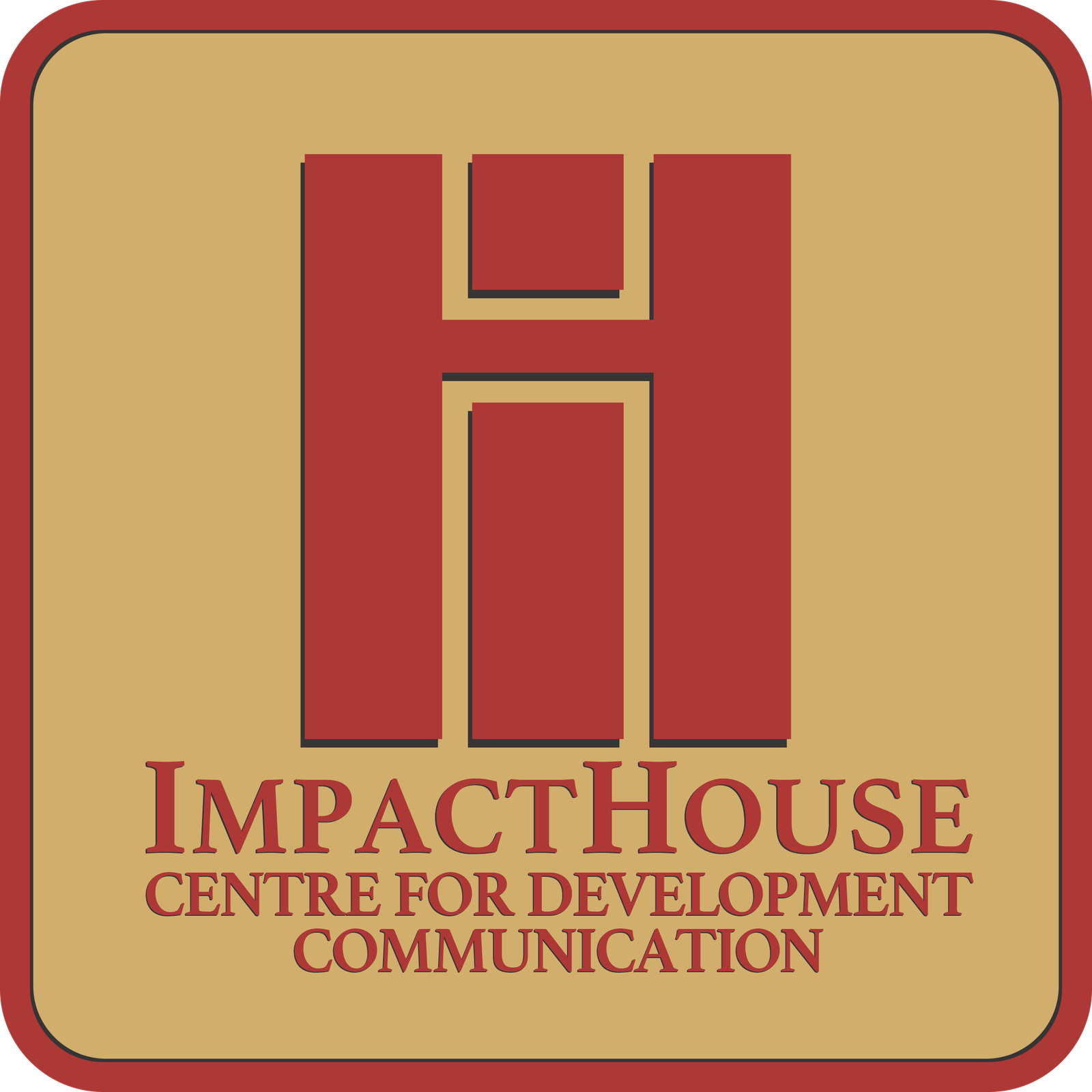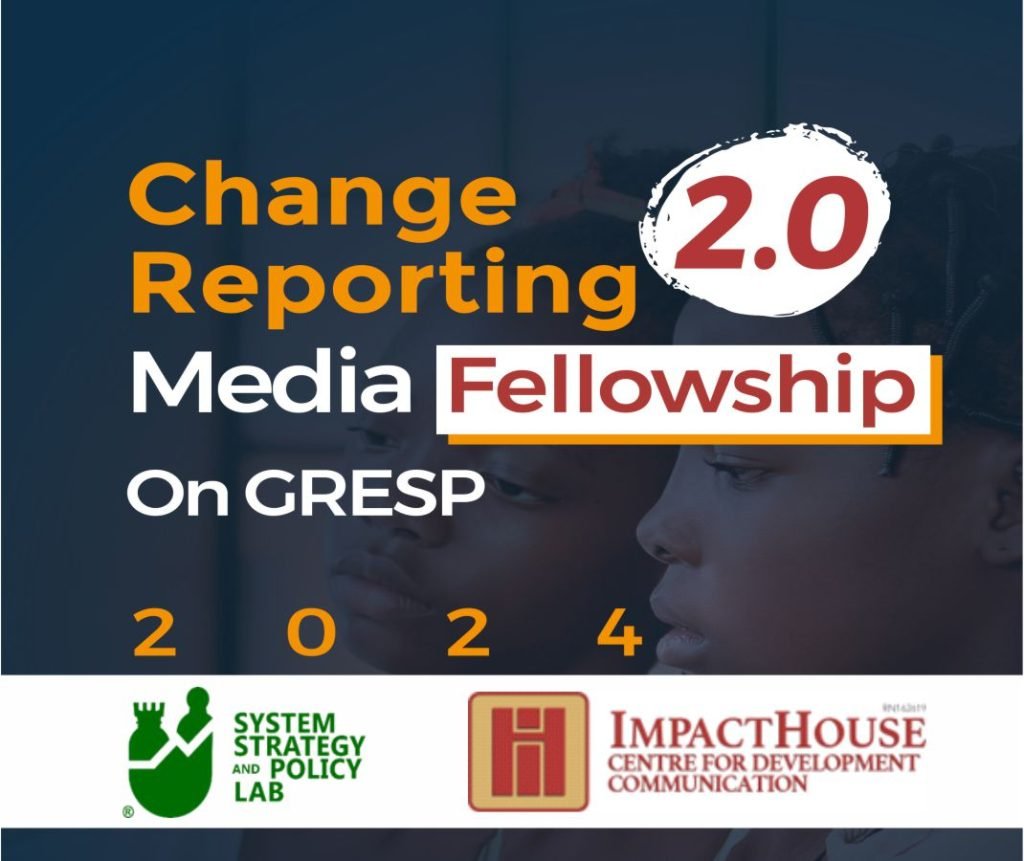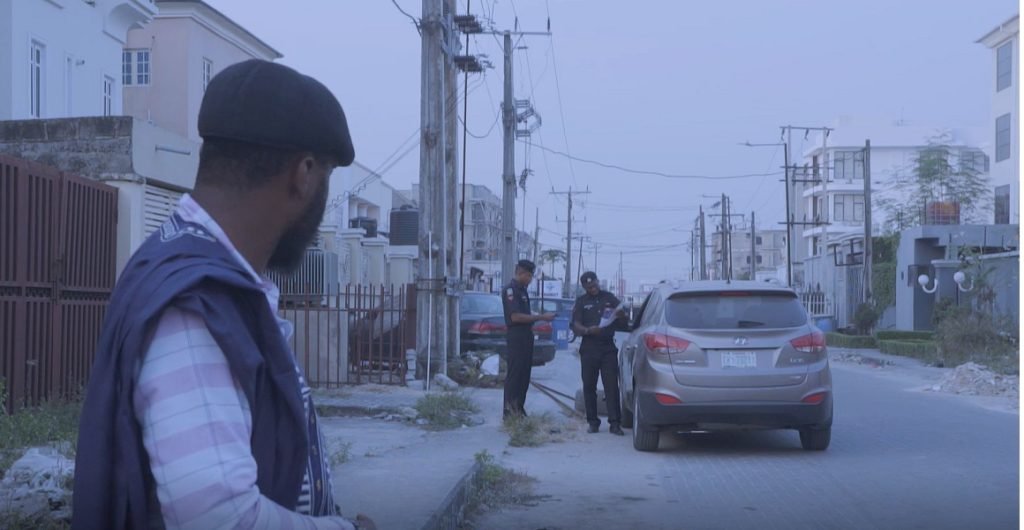Problem/Context
To enhance access, completion, and gender equality in education, it is essential that education systems are intentionally designed to be gender responsive. The Education Sector Plan (ESP) serves as a fundamental framework for education reform in a country, offering a vital chance to integrate gender equality throughout every facet of education. Gender-responsive education sector planning (GRESP) is the key method for this integration, pinpointing gender-specific obstacles within education systems and establishing strategies and policies within the ESP to overcome these challenges.
In its 2023 study on Gender-Responsive Education Sector Planning (GRESP) in Nigeria, the development Research and Projects Centre (dRPC) reported that the integration of gender perspectives into education sector planning was inadequate, with policies and programmes frequently failing to address the peculiar needs of different genders, resulting in missed opportunities to promote inclusive and equitable educational environments.
Gender inequity in education is a clear indication of exclusion within education systems. It is crucial to acknowledge the pressing need to guarantee equitable access to high-quality education for everyone, eliminate obstacles to education for girls and young women, evaluate educational sector policies, enhance financial investment towards education, and reinforce gender-responsive policies in the education sector.
Skilled journalists can significantly amplify the importance of gender equality within education systems, influencing public opinion and policy-making. This, in turn, ensures that educational reforms not only address gender disparities but are also shaped to promote equal opportunities for all genders, thereby fostering a more inclusive and equitable educational environment. This is where the Change Reporting 2.0 Fellowship on Gender-Responsive Education Planning comes in.
Overview
Powered by System Strategy and Policy Lab (SSPL) and ImpactHouse, the 10-month Change Reporting Media Fellowship seeks to equip journalists and other media professionals with unprecedented skills to tell their stories in a way that gains public attention and triggers action from concerned authorities. The programme would integrate development project analytic skills, which create measurable impact and issue-based reports, and traditional journalism skills and ethics, which create compelling and credible stories.
This year’s fellowship programme is designed to support up to 27 journalists from print, broadcast and online media with the resources they need to track and report on state governments’ gender responsiveness in education sector planning to prompt attention and action from policymakers and decisiontakers.
The fellowship would offer a structured framework for participants to deepen their knowledge about education policies and practices that are sensitive to gender issues, particularly explaining girls’ education outcomes and access to education.
The selected fellows would be supported to amplify the advocacy for improved gender responsiveness in education sector planning with respect to:
- Operational plans with a strong girls’ education focus
- Purposeful gender-responsive budgeting for state education sector plans in state annual budgets
- Supportive administrative structures for implementing gender-responsive plans
- Supportive and gender-responsive policies and laws in the ecosystem of the plan; and
- Training senior officials who can implement learnings.
Implementation Phases
The fellowship would be implemented in three phases. These include:
- Selection of participants:
- Call for applications (including submission of published work on education) for two weeks
- Evaluation of submissions (of previous work on education) by a jury of at least five experienced journalists, civil society leaders, and industry thought leaders based on:
- Quality
- Originality
- Creativity
- Training:
- Equip journalists with relevant skills to tell their stories in a way that gains public attention and triggers action from concerned authorities.
- Structure framework for journalists to deepen their knowledge about education policies and practices that are sensitive to gender issues, particularly explaining girls’ education outcomes and access to education.
- Provide participants with the resources they need to track and report on state governments’ gender responsiveness in education sector planning to prompt attention and action from policymakers and decisiontakers.
- Support, monitoring and evaluation:
-
- Support fellows with N1,000,000 each to produce impactful stories during the fellowship window
- Commission fellows to develop three stories each during fellowship window
- Add fellows to a virtual newsroom on girls’ education with relevant updates and technical support from key stakeholders
- Provide fellows with practical guidance from seasoned journalists and education-focused civil society leaders during fellowship; and
- Monitor and evaluate their work.
Objectives
- Provide journalists and media professionals with specialised training on gender-responsive education planning and its impact on promoting gender equality and social inclusion.
- Enhance the capacity of journalists and media practitioners to report on gender-responsive education sector planning.
- Empower media professionals to advocate for gender-responsive policies within the education sector through evidence-based reporting and strategic communication.
Expected Outcomes
- Increased media coverage and public awareness of GRESP
- Improved capacity of journalists and media professionals to provide thorough and unbiased coverage on gender-responsive sector planning and gender-related matters in the education sector.
- Enhanced collaboration between media, civil society, and government stakeholders in advocating for gender-responsive education policies.
Eligibility
- Applicants must be a journalist from print, radio, TV, or online media. Freelance journalists can also apply.
- Applicants must have passion and experience in covering the education sector in Nigeria
- Applicants must commit to fully participate in the fellowship for 10 months
- Applicants must reside in any of the following states: Adamawa, Akwa Ibom, Bauchi, Borno, Gombe, Jigawa, Kaduna, Kano, Oyo, and Sokoto.
- Applicants must commit to developing at least four stories that address issues related to gender-responsive education sector planning.
- Applicants are required to submit links to at least two of their stories on education
- Applicants are also required to submit a Letter of Motivation and a Reference Letter and CV
Benefits
- Fellows will receive up to N1,000,000 to aid the development of their stories
- Participate in an in-person capacity-building programme
- Full transportation cover for the capacity-building programme
- Accommodation and feeding during programme
- Practical guidance from seasoned journalists and education-focused civil society leaders during fellowship
- Membership of a virtual newsroom on girls’ education with relevant updates and technical support from key stakeholders
Timeline/Duration
The fellowship programme will span ten months, including a combination of in-person and virtual activities.



